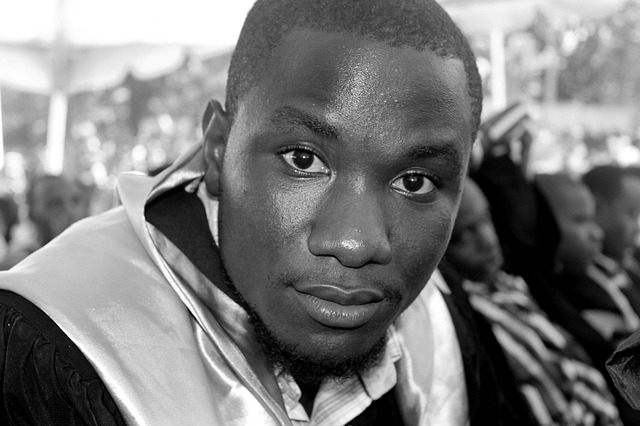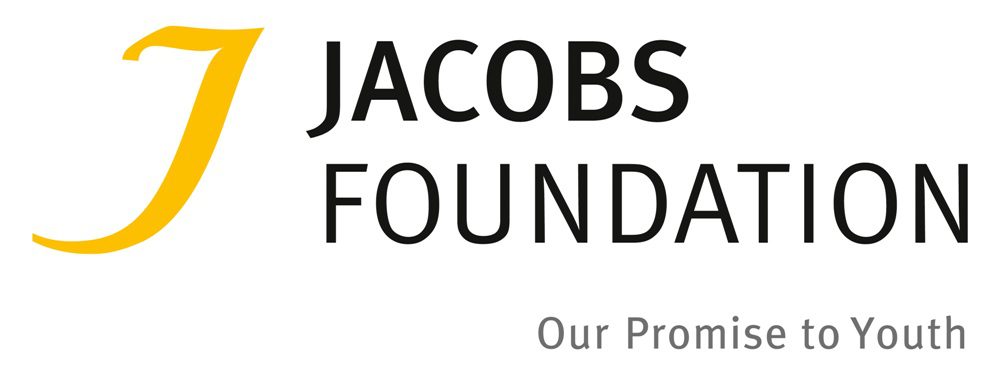Skills gap and unemployment are still the major causes of distress in Uganda’s society; the seriousness of this problem looms on the horizon with confusing calculations.
A World Bank report projects that “600 million Africans will be in the workforce by 2030”, perhaps in white-collar jobs.
These are impressive statistical indicators for Africa. By 2030, the continent’s working-age population is set to be 600 million, having risen from about 370 million in 2010. The proportion of the population with at least secondary education is set to reach 52 per cent in 2030. It was 36 per cent in 2010. Up to 20 million well-educated people are expected to join the workforce every year in the period up to 2030.
By our research, the current population of almost 45 million for Uganda is forecasted to be a little less than 60 million in 2030. With the demographics of 20- 45% employable by 2030, a worse scenario is 27million white-collar workers by 2030. The worst scenario is by 2030, the continent’s working-age population of 600 million will have a mindset for white-collar jobs, without the corresponding skills.
Students and their families believe a graduate degree is a prerequisite to a good life. Uganda’s’ society has grown to accept that quality education must involve going through a university. Hence, the increasing numbers of universities and graduates in recent times. Uganda has over 40 private and public universities.
Due to this perception, the skills gap and unemployment remain at a constant increase.
Increasing skills gap and unemployment
More children are going to school now than 30 years ago.
Statistics from World Bank point that there are more children in both primary and secondary schools, the population which has doubled in the recent past.
Even with the high rate of school attendance, the report mentioned that the African continent has the least skilled workforce.
These prestigious school degrees are the reason for the skills gap and unemployment rates in society.
Technical courses are not celebrated as much as university courses; hence, they are ignored.
Contributory factors
Families and the education system in Uganda are contributory factors to this quest for white-collar jobs.
The education system is inclined towards building the prestige of both students and their families, thus influencing their choices for university degrees, even with the rising unemployment rates.
Presently, technical jobs like bricklaying and masonry earn higher incomes compared with bankers and other professional courses, yet students are undeterred towards university degrees.

Another sorry situation of white-collar jobs is the public demand to live up to the high expectations placed on bankers resulting in excessive expenses.
Way forward
The mindset of students and their families need to be reoriented towards the needs of society.
The essence of education should be instilled in the minds of students, meeting the changing needs of organizations for economic growth and sustainability.
Aside from changing mindsets, education investors need to develop institutions following the demands of businesses. This will encourage students to enroll in technical institutions.
In Uganda, there is a need to identify solutions for the prevailing skills gap and unemployment. And further take actions to reduce the training of administrators, bankers, and other professional courses which presently does not add value to the system.
Uganda population is equivalent to 0.57% of the total world population.
Also in the news…
James Nsaba Buturo, an MP, said parliamentarians wanted to retable a bill ruled unconstitutional by a court in 2014 that would introduce capital sentences for gay sex.
Earlier this month, Brian Wassa, a gay activist and paralegal, was reported to have died of injuries sustained in an attack at his home in Jinja, eastern Uganda. Wassa is the fourth LGBTI activist to have been killed in the past three months, say campaigners.
Uganda is a unitary republic with an executive president elected every five years by universal adult suffrage and a unicameral parliament with 375 elected members. Most of these members (238) are directly elected every five years by universal adult suffrage. The remainder is elected from special interest groups by electoral colleges: women, the defense forces, youth, disabled people and workers. Since 2005 there has been no limit on the number of terms a president may serve. Uganda is located in East Africa.







